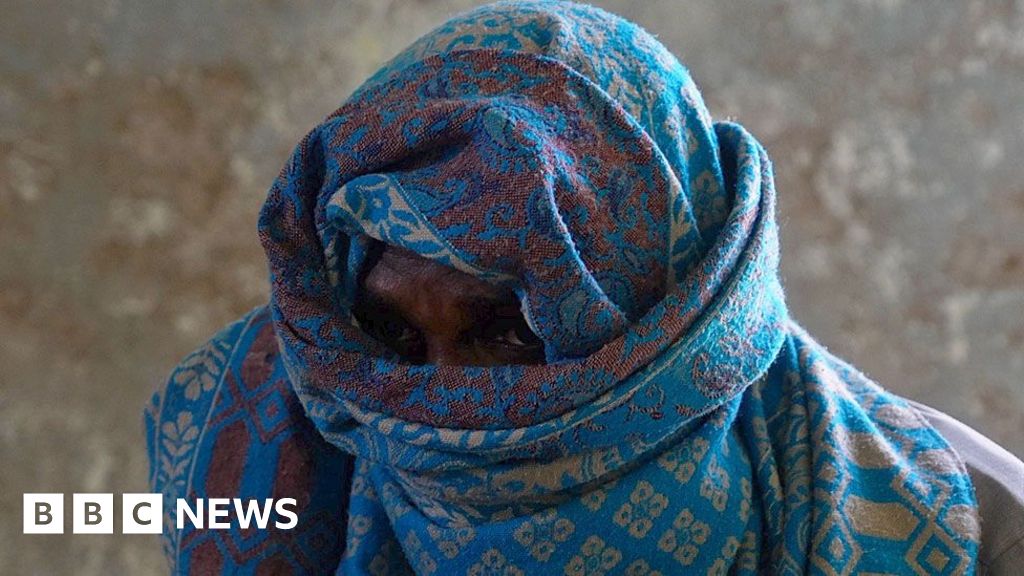The Nigerian Economic Summit Group has said that the implementation of the new economic plans of the Federation Government and Executive Orders were critical to growth in the second half of the year.
The Chief Executive Officer of the NESG, Dr Tayo Aduloju, stated that on Friday at a press briefing ahead of the think tank’s 30th-anniversary celebration.
Noting that the NESG had adopted a ‘cautiously optimistic’ outlook on the Nigerian economy, Aduoju said, “Our general posture at the NESG is that we are cautiously optimistic. This is coming from direct engagement. It is not hope. Hope is not a strategy. It is from asking the actors, what are you doing? How are you doing it and seeing some movement? If this continues to happen and in better coordination with the council that the government has inaugurated, the Presidential Economic Coordination Council kicks on, then we should see some less noise, more harmony, alignment and, of course, more forward movement.
“We think that in the second half of the year, growth would improve if some of these things in the pipeline happened. Inflationary pressure will likely amplify if food pressure doesn’t improve. If you look at the food composite of inflation, it remains very high.
“We think CBN would continue its inflation targeting. We think FPI flows will improve significantly, especially if the government continues to signal if the stabilisation plan goes into execution and delivers on its plans.
These Executive Orders if they are well executed, will see some ease in the system.”
The NESG boss maintained that there had been relative stability in the foreign exchange market, with more inflows expected if the plans in the investment pipeline of the country were properly executed.
On the economic challenges in the country, Aduloju declared that a “range of misgovernance issues in the last three decades cumulated in creating the current crisis and each government’s sins of omission and commission added and accelerated some specific ones”.
“A couple of years ago, we spoke up about the Ways and Means and the system we were running then, it was problematic. If you remember, we were battered both in public and in the media. Some of us were persecuted and chased around for saying so, for discussing the transparency issue and we are here. We told the truth and it cost us. The problems have now compounded.
“Those of you who have been listening to our food security briefing for three years, we said we were heading here. Even earlier this year, we pointed out that the numbers were dropping, and the cultivation rate was dropping. We signalled that very likely elections would aggravate it because we were under-cultivated because of the election cycle. Nobody went to the farm as the election was the business of the year.
“We maintained that the second cycle was now under cultivation. The problem is now the unintended consequences of misgovernance and then there is the cascading, accelerating effect of one bad choice on top of another bad choice,” he expounded.
According to Aduloju, careful coordination of macroeconomic policies and government transparency are required to fix the problem.
The NESG CEO added that the recent duty waiver on food imports was a hunger response rather than a sustainable approach.
“The intervention is short-term to ensure that people do not go hungry. It is a hunger response. We should not call it a food system response. Ultimately, it is not sufficient. We must get these food systems back to work and it must be done differently from how we have done it in the past.
“Our view is that every state in Nigeria should tell us the land bank size for farming in their states and their cultivation rate today. We have started this conversation with the commissioners for agriculture across the 36 states. Tell us how much and what you are cultivating and we will now begin to get a real sense of what our problems may be. We should vote for more land banks for large-scale farming for those that can be farmed on a large scale,” he declared.
He called for a more cohesive and systematic sequencing of policy reforms by the Federal Government because it was essential to the country’s future.
On the 30th anniversary of the think tank, the CEO said, “It is a time of deep reflection for us. In 30 years, we have watched the economy move from IBB-led, Abacha-led, Abdulsalami-led, Obasanjo-led, Yar-Adua, Jonathan, Buhari and now Tinubu. Because of the role we have played, it also allows us to ask difficult questions. We have planned the National Economic Dialogue for next month and the idea is just to reflect.
“Concerning the phases of the NESG, the first few years were very close because of military rule. We went from there to 1999 when Obasanjo came with an accelerated opening of the economy. It slowed down a bit under Yar’Adua. We plateaued under Jonathan. Then, after the competitiveness and growth we saw in the first decade, we went to a second decade where it was completely low growth and that is the low growth path that we have been on for the second decade with high inflationary pressure, high unemployment and high volatility.
“The big question about entering a third decade since 1999 is what we would do differently in five years to force the economy to go back to a regime of high growth. What type of reforms are required? Fundamentally, it requires a reforming nation. So the summit this year focuses on these deep reflections and on asking how you force Nigeria to finish this economic transformation and transition that it has been on for almost two decades decisively.”
According to the NESG boss, from projections, Nigeria will be one of the most populous countries on the face of the planet by 2050 and a young populous country.
“By 2050, we will be 415 million and 70 per cent of us will be below the age of 35. So, we cannot afford not to grow in a way that absorbs people into productive work. We cannot afford it. What pivot will we make? That is the focus of the summit,” he maintained.

 5 months ago
8
5 months ago
8















 English (US) ·
English (US) ·